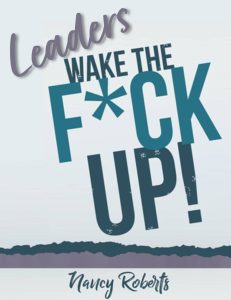Have you ever heard the Proverb “there is nothing new under the sun?” This balance of trust and accountability has been addressed many times before.
In Stephen Covey’s book “The Seven Habits of Highly Effective People,” he shares a model for delegation that includes trust and accountability. In his story “green and clean,” he tells a story about assigning his seven-year-old son the job of keeping up the lawn. He didn’t tell him how to do it, only the outcome that he wanted. His son committed to the outcome and Stephen waited expectedly for the lawn to shine – green and clean.
Only that didn’t happen. A few days passed and he noticed that his son hadn’t touched the lawn. When he asked his son about the state of the yard, his son, knowing he had not kept his commitment, started to cry. “It’s so hard, Dad!” What’s so hard? Stephen thought to himself. You haven’t done a single thing.
But he did know what was so hard – self management, self supervision, self accountability.
While Mr. Covey was correct – that trust is the highest form of human motivation – it doesn’t preclude the necessity to hold people accountable. And by delegating the outcomes you want but not the “how”, you show that you trust your people to use their capabilities, resources and creativity to deliver on their accountabilities.
SO WHERE DO YOU FALL ON THE SPECTRUM?
While many books have been written on the topics of trust and accountability, there are three in particular that I highly recommend. Which will be most helpful to you depends on where you think you are on the spectrum.
- Is yours an accountability and results based culture that tends to over-manage but under-lead? You may want to check out Stephen M.R. Covey’s “The Speed of Trust”. As he proposes, it is the one thing that changes everything – including bottom line results.
- Is yours a trust-based culture but in spite of you treating your employees very well, you’re not accomplishing your goals and objectives? Dan Kennedy’s “Ruthless Management of People & Profits” would give you the “kick in the butt” you need.
- Or if you’re not sure where you fall on the spectrum but have a sense that trust leads to accountability and results (and you’d be right), I would recommend “The Five Dysfunctions of a Team” by Patrick Lencioni.
All these books are available at amazon.com and come with my highest recommendation.






